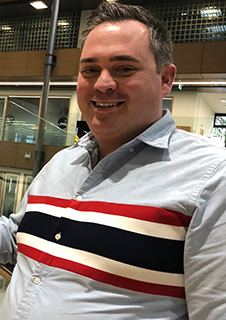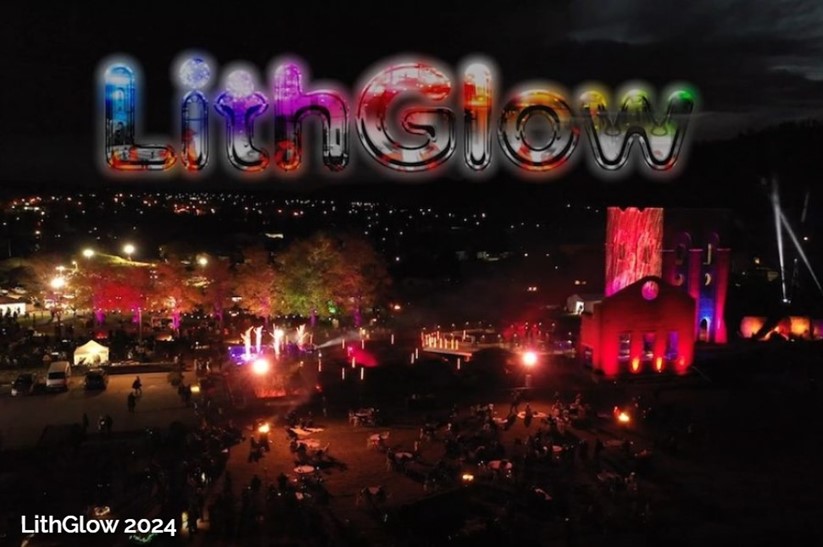A lack of information about candidates is the main reason young people do not vote in local government elections, a new University of Otago study reveals.

Kyle Whitfield.
Doctor of Business Administration student Kyle Whitfield says his research topic “Youth and Local Government – do the two ever meet? Voter turnout of young people in Local Government”, produced some surprising results.
Mr Whitfield, a former governance and support team leader and deputy electoral officer at the Palmerston North City Council, and self-described “political junkie”, surveyed 435 people aged between 18 and 24, in Dunedin and Palmerston North.
Results showed 60% of the 435 participants intended to vote at next month’s elections, 25 per cent were undecided, and only 12% had already decided they would not.
Other key findings include:
- 62.5 per cent were not aware of what was happening in local government in the region they were currently living
- 38 per cent thought voting should be compulsory, compared with 35 per cent did not
- Only about 16 per cent thought the voting age should be lowered to 16
- Less than half (38 per cent) said they did not engage in local politics at all. The rest said they either completed submissions, attending meeting, communicated or met with councillors or politicians or read media reports about council.
The 18–24 age group traditionally has the worst voter turnout for elections in New Zealand. According to Stats New Zealand, 70 per cent of eligible voters aged between 18 and 24 voted in the 2014 general election, compared with 78 per cent in the 25-44 group, and 90 per cent and 94 per cent in the 45-64 and 65+ categories respectively.
“Contrary to what some other research has said, young people want to vote, they want to be involved, but they don’t feel as they have enough information to make an informed decision,” Mr Whitfield says.








